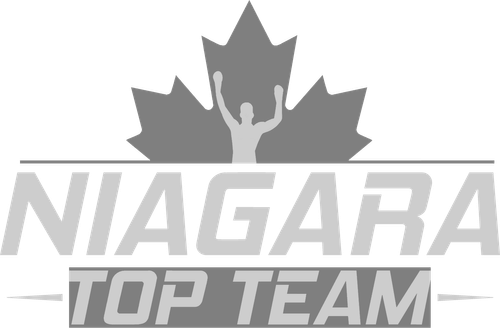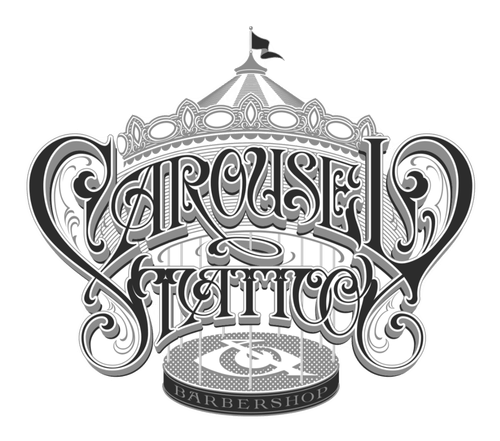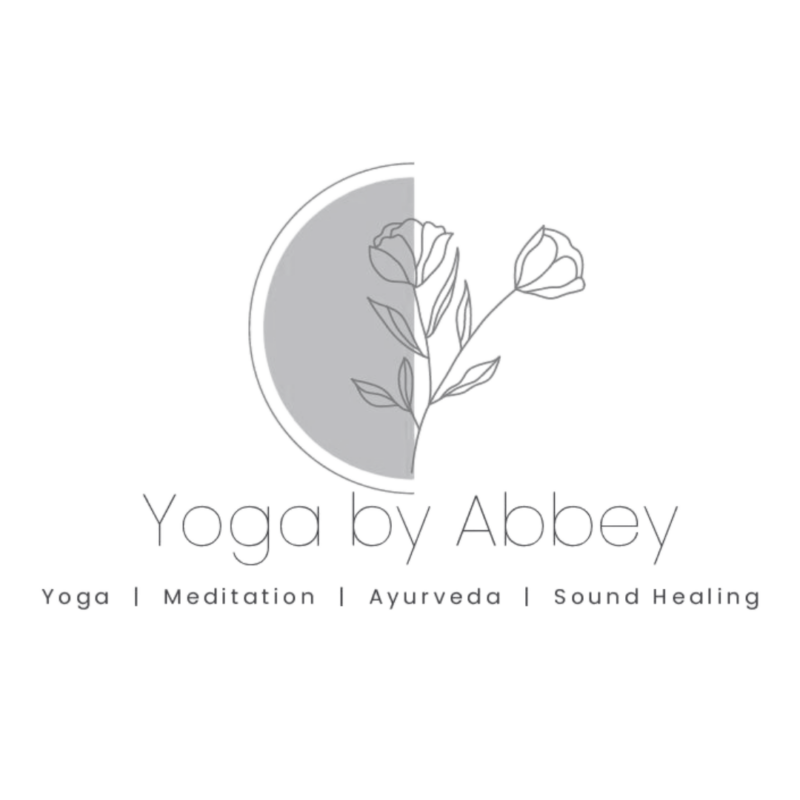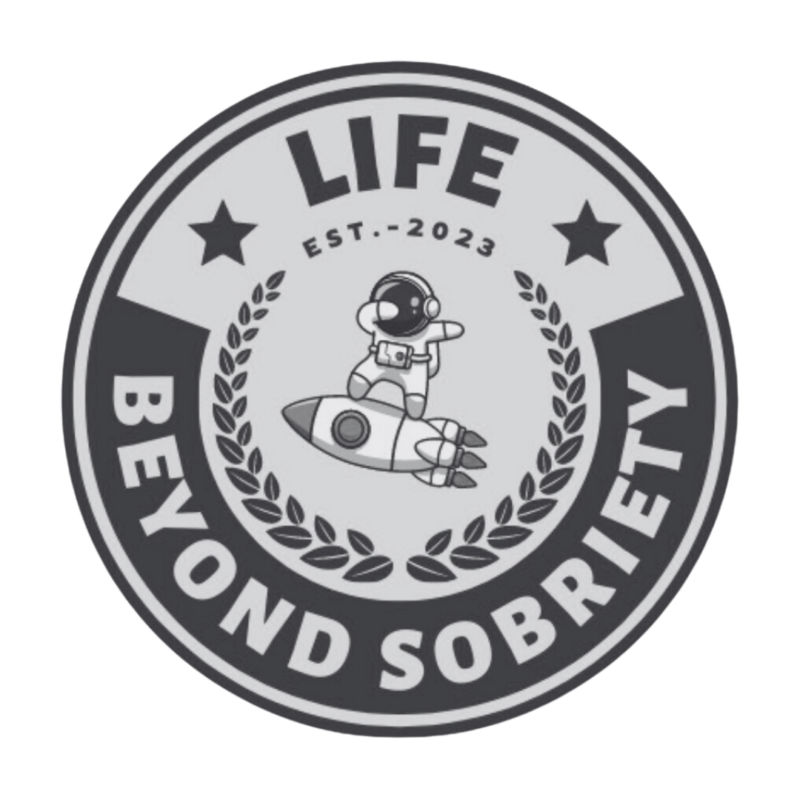Exploring Depression Rehab Options in Ontario
Ontario, Canada, is a province rich in resources for individuals battling depression. With a diverse array of rehabilitation centers, patients can find support tailored to their needs. From urban facilities in Toronto to serene retreats in the countryside, options abound for those seeking help.
The variety of settings allows for personalized experiences, enabling patients to choose environments that best resonate with their healing journey. Clients might prefer the bustling city or lean towards tranquil rural setups, thereby receiving care that aligns with their personal preferences.
The Role of Twelve Mile Recovery
Twelve Mile Recovery, nestled in Niagara, offers a unique blend of traditional therapy and holistic practices. Owned by individuals with lived experiences, it provides a relatable and supportive atmosphere for clients. The team believes in addressing the complexities of depression through comprehensive methods.
By integrating psychological therapy with mindfulness and martial arts, Twelve Mile Recovery aids individuals in building resilience. This holistic approach not only tackles the symptoms but also helps uncover underlying issues contributing to depression.
Holistic Therapy Approaches
Mindfulness and Yoga in Depression Treatment
At Twelve Mile Recovery, mindfulness and yoga form an integral part of the therapeutic process. These practices encourage self-awareness and emotional balance, essential components in managing depression.
Participants engage in sessions designed to cultivate present-moment awareness. Through gentle movements and meditative practices, clients learn strategies to reduce stress and improve overall mental well-being.
Martial Arts and Emotional Resilience
Martial arts, a staple at Twelve Mile Recovery, goes beyond physical fitness. It instills self-discipline, emotional regulation, and confidence. Clients often find a sense of empowerment through the disciplined practice of martial arts.
Personal growth facilitated by martial arts contributes to a positive self-image, helping individuals battle feelings of unworthiness often associated with depression.
Personalized Care and Recovery
Personalization is at the heart of depression rehab in Ontario, Canada. Each individual brings a unique set of needs, requiring customized treatment plans. Facilities like Twelve Mile Recovery excel in providing bespoke care tailored to the nuances of each client’s condition.
- Initial assessments to determine individual needs
- Tailored therapeutic regimens
- Ongoing evaluations to adapt treatment as necessary
Such tailored interventions ensure that the client’s journey through recovery is as effective and supportive as possible.
Testimonial Highlights
The impact of Twelve Mile Recovery’s approach is reflected in testimonials from former clients. Leah Marie Radoman highlights the compassion and safety provided by the team. Michael Laughlin and Robyn O’Hara express gratitude for the inspiring and transformative journey facilitated by the center.
These testimonials underscore the effectiveness of a holistic and personalized approach in achieving sustainable recovery from depression.
The Root Causes of Depression
Depression can stem from a myriad of causes, including genetic factors, environmental stressors, and personal traumas. Ontario’s rehab centers recognize the importance of delving into these root causes to provide effective treatment.
By understanding the underlying issues, therapists can formulate strategies that address the core of the problem rather than just alleviating symptoms. This depth of treatment is crucial for long-term recovery.
Integrating Science and Empathy
Rehabilitation for depression in Ontario, Canada, takes a dual approach, combining empirical science and empathetic care. This method ensures treatments are both evidence-based and compassionate, creating a nurturing environment for clients.
Twelve Mile Recovery embodies this integration, using a blend of cognitive-behavioral therapy and peer support. This combination builds a strong foundation for emotional healing and practical recovery skills.
Expanding Accessibility Through Virtual Care
Accessibility is a significant focus for many rehab centers in Ontario, extending beyond in-person treatment. Virtual care programs allow individuals to receive necessary support from the comfort of their homes.
Twelve Mile Recovery, for instance, offers virtual treatment sessions to ensure that geographical barriers do not impede access to quality care. This flexibility is invaluable for those needing continuous support throughout their recovery journey.
Community and Peer Support
The sense of community is an essential facet of depression rehab in Ontario, Canada. Many centers, including Twelve Mile Recovery, emphasize the importance of peer support as a catalyst for recovery.
Sharing experiences in group settings fosters connections and reduces isolation. Clients find comfort in knowing they are not alone, drawing strength from shared struggles and triumphs.
Mental Health Integration in Rehab Settings
Integration of mental health services within rehab settings is critical to comprehensive care. This integration allows for simultaneous treatment of depression and any co-occurring disorders, providing a holistic healing experience.
Rehab centers like Twelve Mile Recovery tailor their programs to include various therapeutic modalities. This ensures that patients receive well-rounded care, addressing all facets of their mental health needs.
Looking Beyond Conventional Treatments
While traditional therapies remain vital, exploring alternative treatment options can be transformative. Innovative approaches like mindfulness-based cognitive therapy and holistic practices offer additional pathways for healing.
Facilities in Ontario are starting to embrace these methods, providing clients with a comprehensive arsenal of tools to combat depression effectively.
- Artistic expressions such as art and music therapy
- Healing retreats and nature-based therapies
- Nutrition and lifestyle coaching
These options align with the diverse needs of individuals, offering new perspectives and strategies for long-term wellness.
Is depression rehab Ontario Canada covered by OHIP?
OHIP, or the Ontario Health Insurance Plan, generally covers certain types of rehabilitation services, including those for mental health issues like depression. However, coverage can vary depending on the type of service and the facility. Publicly funded hospitals and centers often have programs covered by OHIP, but private facilities might not be covered. It’s crucial to check directly with the rehab center and OHIP to understand what specific services are eligible for coverage. A conversation with a healthcare professional can also provide clarity on navigating the available options within the system.
Is depression a disability in Ontario, Canada?
In Ontario, depression is recognized as a disability under the Ontario Human Rights Code and the Accessibility for Ontarians with Disabilities Act (AODA). This means individuals with depression can seek accommodations at work or in educational settings. This recognition acknowledges the significant impact depression can have on different aspects of life, ensuring those affected are provided with the necessary support and resources. Employers and institutions are encouraged to understand and accommodate the needs of those with depression, creating a more inclusive environment.
Can a depressed person go to rehab?
Absolutely. Rehabilitation can be very beneficial for individuals suffering from depression, offering structured support and specialized treatments. Twelve Mile Recovery, for instance, provides a holistic approach that addresses mental, emotional, and physical aspects of depression. Rehab centers tailor programs to help individuals uncover and tackle the root causes of their depression, not just the symptoms. By integrating therapy with activities like mindfulness and martial arts, rehab can be a transformative experience for someone battling depression.
How much does rehab cost in Ontario?
The cost of rehab in Ontario can vary widely based on factors like the type of facility, length of stay, and level of care required. Private centers may charge more than public options, with prices potentially ranging from a few thousand to tens of thousands of dollars. It’s important to reach out to facilities directly to inquire about costs and available financial assistance. Twelve Mile Recovery provides personalized care that might include financial planning support to make treatment accessible to those who need it.
What are some holistic therapy approaches used in Ontario rehab facilities?
Holistic therapy is gaining recognition for its effectiveness in treating depression. In places like Twelve Mile Recovery, holistic therapies such as mindfulness, yoga, and martial arts are integral to their programs. These practices help clients cultivate self-awareness, improve emotional balance, and build resilience. Incorporating such therapies provides a comprehensive treatment approach that addresses not just the mind, but the body and spirit as well. This can be especially helpful for those seeking alternative methods alongside traditional therapies.
How do peer support and community play a role in rehab?
Peer support and community are essential components of effective rehab programs. At Twelve Mile Recovery, for example, these elements are emphasized to create a supportive environment. Sharing experiences with others who have faced similar challenges can reduce feelings of isolation and foster a sense of belonging. Engaging in group activities and discussions helps individuals draw strength from shared experiences and offers encouragement throughout their recovery journey. Communal support acts as a foundation for building lasting relationships and sustaining long-term recovery.
Why is virtual care important in depression rehab?
Virtual care is crucial for making rehab accessible to a broader audience, especially those hindered by geographical, physical, or time constraints. Facilities like Twelve Mile Recovery offer virtual treatment sessions to eliminate these barriers, ensuring continuity of care. Virtual care allows individuals to receive support from the comfort of their homes, which can be particularly beneficial for those who might find in-person sessions daunting. This flexibility empowers more people to engage in their recovery process effectively, without the added stress of travel or scheduling conflicts.
Resources
- Centre for Addiction and Mental Health (CAMH) – CAMH is Canada’s largest mental health teaching hospital and one of the world’s leading research centers. They provide a wide range of clinical care, research, education, policy development, and health promotion activities.
- Ontario Ministry of Health – Mental Health Services – The Ontario government’s official website provides information on mental health services available in the province, including resources for depression treatment and support.
- Psychology Today – Psychology Today is a trusted source for mental health information, including articles, therapist directories, and resources for individuals seeking support for depression and other mental health conditions.
- National Alliance on Mental Illness (NAMI) – NAMI is a grassroots mental health organization dedicated to building better lives for individuals affected by mental illness. They offer education, support, and advocacy for those living with depression and other mental health challenges.












